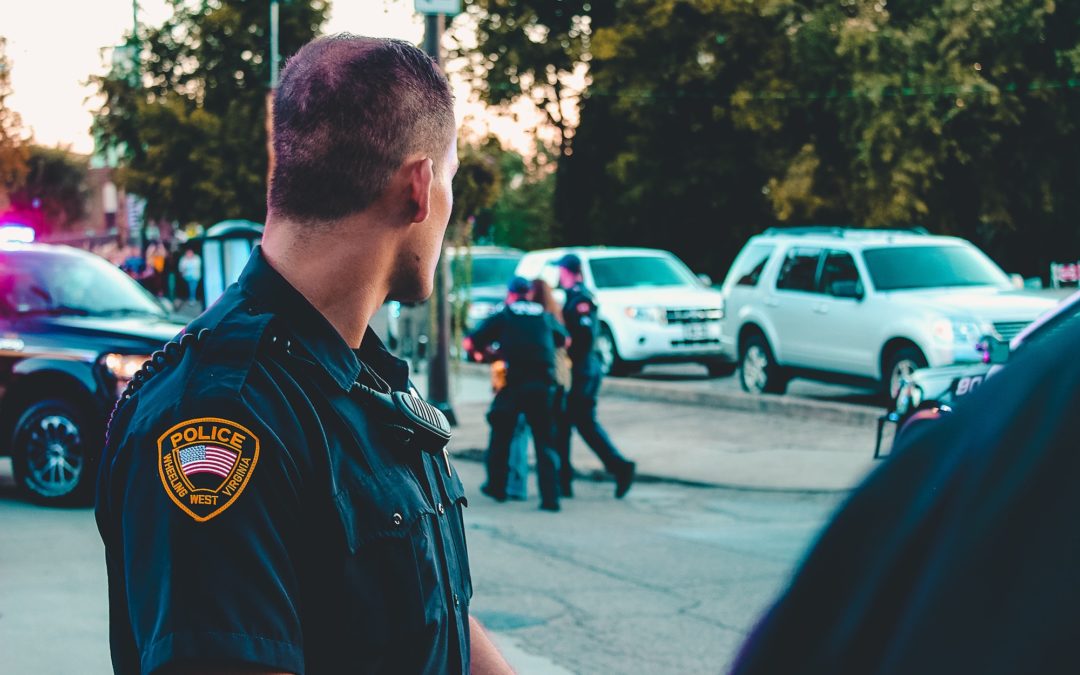First responders deal with personal trauma as part of their careers. Many police officers have seen things in their jobs that defy description. There is no way for a person to experience crime scenes and dangerous situations for years at a time without taking some of it with them. Part of what police officers experience is the heartbreaking effects of drug addiction. By the time police and paramedics arrive on any scene, people have been damaged by their drugs of choice, or injured or killed because of drug money matters. Police officers face those realities in addition to the other dangers of being in the line of duty, including dealing with hostile, armed individuals. If that seems unbelievable, multiple studies have proven the correlation between strings of traumatic instances, like the many duties of police, and an elevated risk of depression and its dark sibling, anxiety. Police officers are also four times as likely to consider or commit suicide than are firefighters. Overall, police officers are far more likely to experience PTSD, depression, anxiety, and burnout than anyone else. And with all of that, police can be up to four times more likely than the entire US population to commit suicide, too.
There are many sides to the story of drugs, mental health, and police officers. The police themselves are vulnerable humans who can fall to the throes of addiction. Mental health is a serious issue among police, and an estimated 25% of police officers live with alcohol use disorder. The police, however, are in a unique position to lead the fight to save the lives of people living with addiction to drugs and alcohol, and with new innovations, a careful and attentive legal process, and opportunities for people to get their lives back on track, the police will be the first step of recovery for more people living with addiction every day. There is also the importance of the newest role of law enforcement: that of counselors to addicted people.
 Last year, 144 federal, state, and local officers were killed in the line of duty. Roughly one third were killed in traffic or by gun violence, but other causes included heart attack and strokes, two stress-related conditions. With the experiences of of many police officers, it’s no surprise that stress can kill them – nearly that many died of suicide. In 2017, 103 firefighters and 140 law enforcement officers took their own lives.
Last year, 144 federal, state, and local officers were killed in the line of duty. Roughly one third were killed in traffic or by gun violence, but other causes included heart attack and strokes, two stress-related conditions. With the experiences of of many police officers, it’s no surprise that stress can kill them – nearly that many died of suicide. In 2017, 103 firefighters and 140 law enforcement officers took their own lives.
Nothing gets easier for surviving officers. Easy to get, socially-acceptable, and ever-flowing through any American city, alcohol is the drug of choice for police officers, and alcohol addiction the most commonly-reported addiction among officers of the law. Sadly, civilians aren’t the only demographic deeply affected by the Opioid Crisis: recent years has seen an upswing on the number of officers becoming addicted to and abusing opioids. The exact numbers are very, very hard to find – clearly, revealing this information puts an officer’s job at risk – but given the effect of bliss and happiness that comes with opioids, it’s understandable that a police officer could be tempted by a way out of the difficult aspects of the job. Plus, police officers, being in a physically compromising position, often find themselves injured. These injuries can range from the devastating to the repetitive-motion, but severe pain will not only impact the officer’s ability to perform their job, but it can also impact their ability to manage their work-life balance, which can then be a cause of depression. Officers who survive traumatic events may be relegated to bedrest due to pain, putting them in a compromising position if they’re prescribed any opioid pain reliever.
There are cultural forces actively working against good mental health care for police officers, and these forces are strong enough to prevent law enforcement officers from seeking any help at all. Police officers, like many, tend to refuse mental health medication. Part of the reason is a wider culture of avoiding taking medication – even as drug companies thrive, there are still many people who make it their mission to avoid medication entirely. This is due, in part, to a general public understanding that too much medicine can harm you, though prescribed therapies, taken as ordered, can and do yield positive results.
There is also an aspect of what it means to be ‘tough,’ an absolute requisite of the job. Too often, though, ‘tough’ translates as, ‘doesn’t need assistance,’ when that couldn’t be further from the truth. Given the huge likelihood of mental illness among officers, therapists and psychiatrists encourage officers to come forward if they’re having a difficult time coping. Perhaps most the most frightening reason that law enforcement officers will avoid seeking treatment for mental illness or substance abuse is the possibility of losing their jobs, and the expulsion from certain social circles. If a police department discovers that an officer is relying on anti-depressants or isn’t a sterling example of mental health, that officer can be considered a liability. Besides being a PR disaster for the department, a mentally-ill police officer could possibly hurt someone in the community they protect.
All is not lost, though. First, police departments around the country are taking steps to assist officers on the force, and being more proactive in identifying and treating police officers for depression and anxiety. Over the years, organizations have stepped up to the challenge of protecting the mental health of police. In the United Kingdom, the Blue Light Programme has changed the lives of officers, including officers who were living with depression, and experiencing suicidal thoughts. The best rehabilitation facilities offer specialized programs for First Responders. Treatment programs for First Responders living with addiction to drugs and alcohol are great because there is a strong focus on mental wellness, coupled with necessary medical detox.

